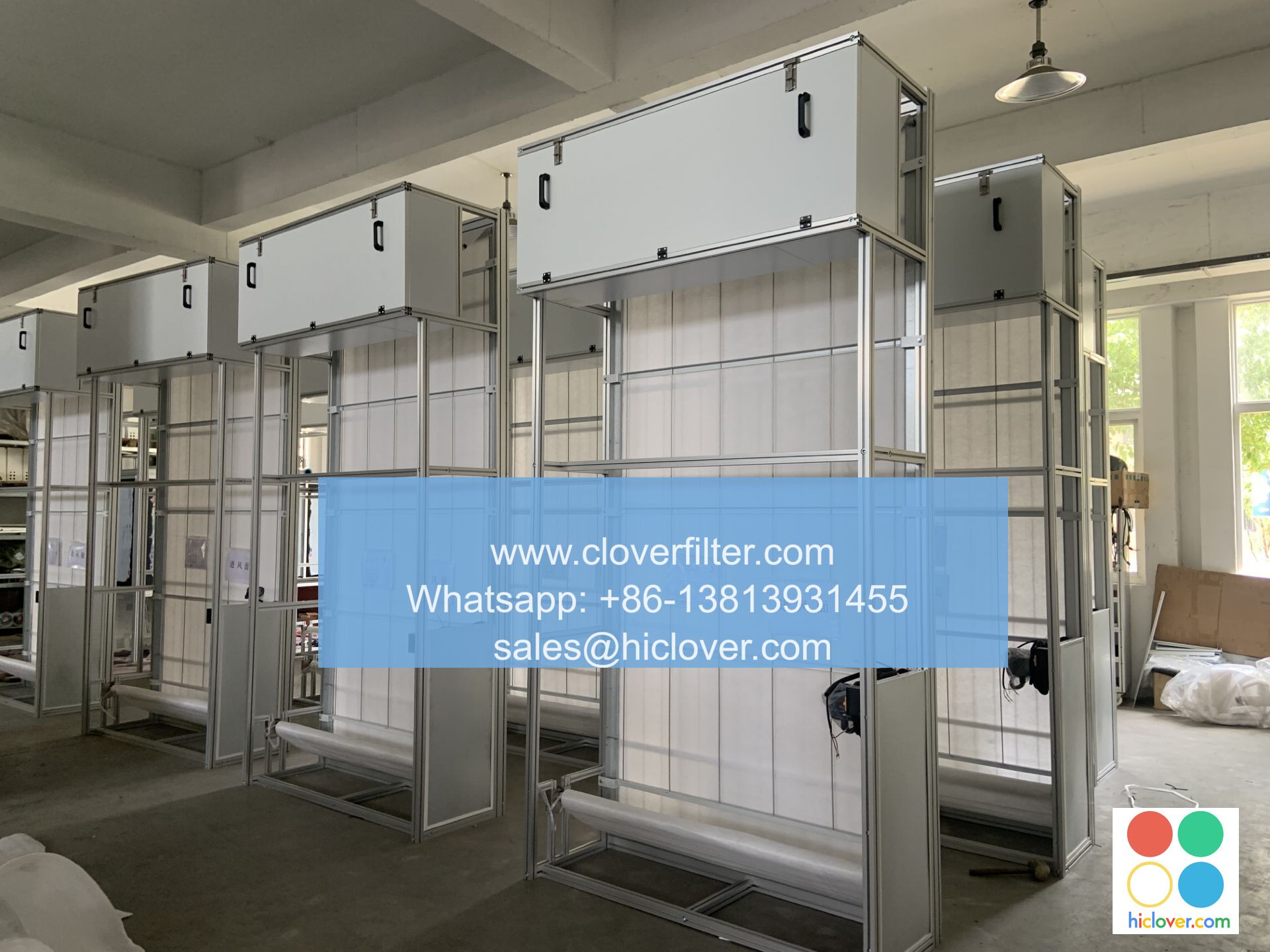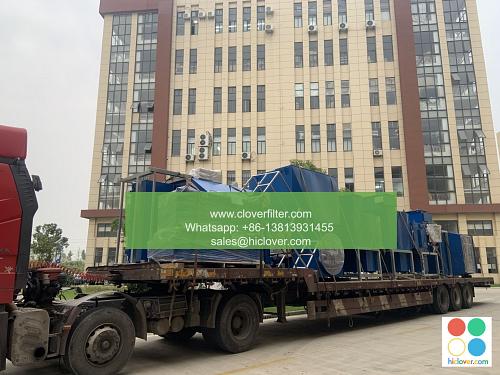The Science Behind Air Filter Converters: How They Work

Air filter converters are devices designed to enhance the performance of air filtration systems, improving indoor air quality and reducing maintenance costs. These converters work by optimizing the airflow and pressure drop across the filter, resulting in increased efficiency and longer filter life. In this article, we will delve into the science behind air filter converters, exploring their working principle, benefits, and applications in various industries.
Working Principle of Air Filter Converters
Air filter converters operate by modifying the airflow pattern and pressure distribution across the filter. They achieve this by utilizing advanced technologies such as turbulence reduction, flow straightening, and pressure drop optimization. By minimizing turbulence and pressure drop, air filter converters enable the filter to capture more particles and contaminants, resulting in improved indoor air quality and reduced filter replacement frequency.
Key Components and Technologies
Air filter converters typically consist of several key components, including:
* Aerodynamic profiles designed to reduce turbulence and optimize airflow
* Pressure drop optimization systems that minimize energy losses and improve filter performance
* Sensors and monitoring systems that track filter condition and alert maintenance personnel when replacement is required
These components work together to create a high-efficiency air filtration system that provides exceptional indoor air quality and reduces maintenance costs.
Applications and Benefits
Air filter converters have a wide range of applications across various industries, including:
* Commercial HVAC systems, where they improve indoor air quality and reduce energy consumption
* Industrial air filtration systems, where they enhance filter performance and minimize downtime
* Pharmaceutical and healthcare facilities, where they provide ultra-clean air and minimize the risk of contamination
* Residential air purification systems, where they improve indoor air quality and alleviate allergy and asthma symptoms
The benefits of air filter converters include:
* Improved indoor air quality
* Increased filter life
* Reduced energy consumption
* Minimized maintenance costs
* Enhanced system reliability
Emerging Trends and Technologies
The air filter converter market is continuously evolving, with emerging trends and technologies focused on smart filtration systems, IoT-enabled sensors, and advanced materials. These developments are expected to further improve the performance and efficiency of air filter converters, enabling them to address the increasingly stringent indoor air quality standards and regulations.
Conclusion
In conclusion, air filter converters are sophisticated devices that optimize the performance of air filtration systems, providing improved indoor air quality, reduced maintenance costs, and enhanced system reliability. By understanding the science behind air filter converters and their various applications, industries can harness the benefits of these innovative technologies to create healthier, more sustainable, and more productive environments. As the demand for high-efficiency air filtration systems continues to grow, air filter converters are poised to play a critical role in shaping the future of indoor air quality management.
It seems like you’re looking for a prompt to get started. Here are a few ideas across different categories:
Creative Writing
- Alternative History: Imagine a world where a significant historical event turned out differently. How does the world look today?
- Future City: Describe a city 200 years in the future. What are its main features, and how do people live there?
- Time Traveler’s Dilemma: A character discovers a time machine but can only use it once. Where do they go, and why?
Personal Development
- Life Lessons: Reflect on a challenging experience that taught you a valuable lesson. What was the lesson, and how has it influenced your life?
- Future Goals: Imagine you’re 90 years old, looking back on your life. What do you hope to have achieved, and what steps can you start taking now to make those accomplishments a reality?
- Overcoming Fear: Describe a fear you’ve overcome and the process you used to overcome it. What advice would you give to someone facing a similar fear?
Science and Technology
- Innovative Invention: Describe an invention that could revolutionize daily life. How does it work, and what impacts could it have on society and the environment?
- Space Exploration: Humanity has just discovered a habitable planet. What are the first steps in exploring this planet, and how might we establish a human settlement there?
- Solving a Global Issue: Choose a significant global problem (like climate change, hunger, or lack of clean water) and propose a technological solution. How would it work, and what are the potential challenges and benefits?
Philosophy and Ethics
- Ethical Dilemma: Present a complex ethical dilemma and argue for or against a particular course of action. What principles guide your decision?
- Utopian Society: Describe the features of a utopian society. How does it balance individual freedom with collective well-being, and what systems are in place to maintain harmony?
- The Value of Life: Discuss the question of what gives life meaning and value. Is it inherent, or is it something we create through our experiences and choices?
Humor and Entertainment
- Parody a Genre: Choose a movie or book genre and create a humorous parody. What elements of the genre do you exaggerate or twist for comedic effect?
- Imaginary Pet: You’ve just discovered you can have any imaginary pet. What is it, and how does it fit into your daily life?
- Comedy Sketch: Write a script for a comedy sketch about a common situation, but with an unexpected twist. How do the characters react, and what’s the punchline?
Feel free to pick any of these prompts that spark your interest or use them as inspiration to come up with your own unique ideas!

